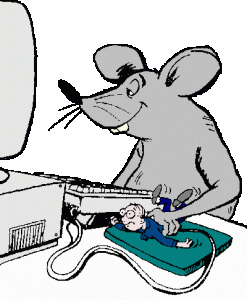Chr!s
Active Member
Something I've always found myself at odds with when it comes to sample mockups, is that, even with some of the "high-end" libraries, I find myself writing something that the instrument in question would have no trouble with in the hands of decent live musician, but the samples (being just snapshots you stitch together) struggle to play convincingly. You can just never have enough samples, both of the notes themselves and the space in between, that result in a truly-convincing sequence of certain passages. This is, without a doubt, most noticeable in trying to create lively, exciting pieces of music with lots of different rhythmic denominations.
So I find that if a passage is sounding more "synthy" these days, despite my best efforts of using different articulations and such, I just say "to hell with it" and leave it that way because the composition just sounds better that way, instead of sacrificing musical ideas because it stops sounding "real".
An example: This lil' ditty was done by Noteperformer according to the composer.
I don't think that too many who are in the know would mistake that for a live recording, but I somehow doubt most listeners really give a shit, and I suspect that if the composer were to present this demo to a client before actually recording it live, it would be enough to convince said client.
How about you? Just stick to writing a good piece, or is sacrificing ideas justified if it's better-suited to the samples?
So I find that if a passage is sounding more "synthy" these days, despite my best efforts of using different articulations and such, I just say "to hell with it" and leave it that way because the composition just sounds better that way, instead of sacrificing musical ideas because it stops sounding "real".
An example: This lil' ditty was done by Noteperformer according to the composer.
I don't think that too many who are in the know would mistake that for a live recording, but I somehow doubt most listeners really give a shit, and I suspect that if the composer were to present this demo to a client before actually recording it live, it would be enough to convince said client.
How about you? Just stick to writing a good piece, or is sacrificing ideas justified if it's better-suited to the samples?


 . I start almost always with notation, and then when I move to the DAW to make a mockup of it, many times I'll look at the sheet music...look back at the DAW and then swear at the screen.
. I start almost always with notation, and then when I move to the DAW to make a mockup of it, many times I'll look at the sheet music...look back at the DAW and then swear at the screen. 


